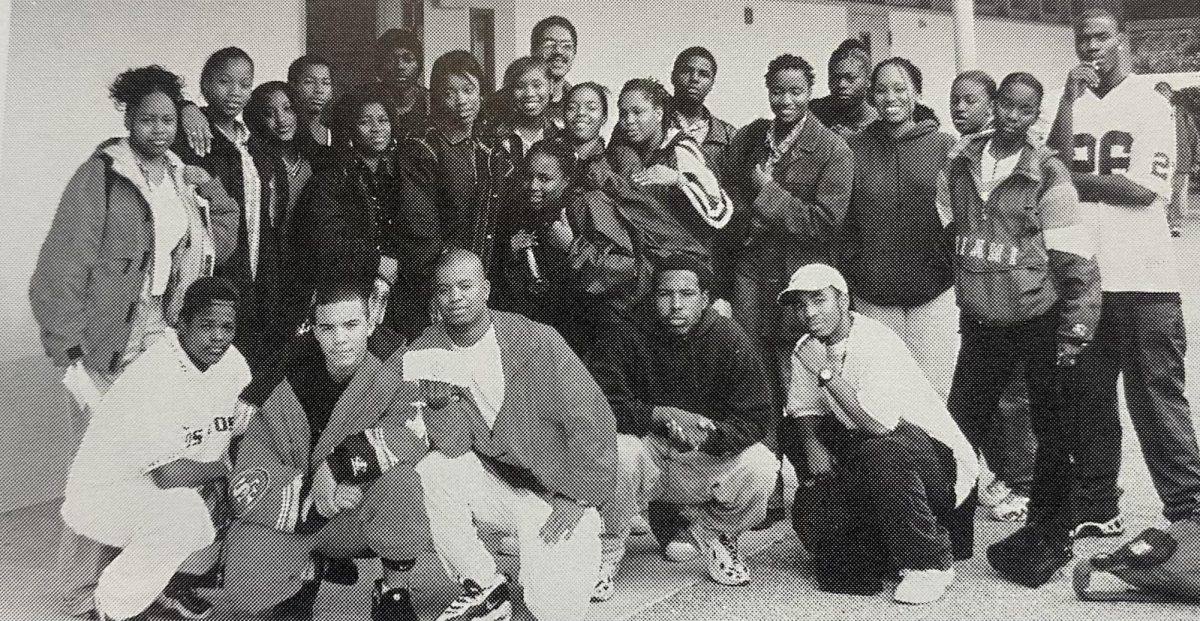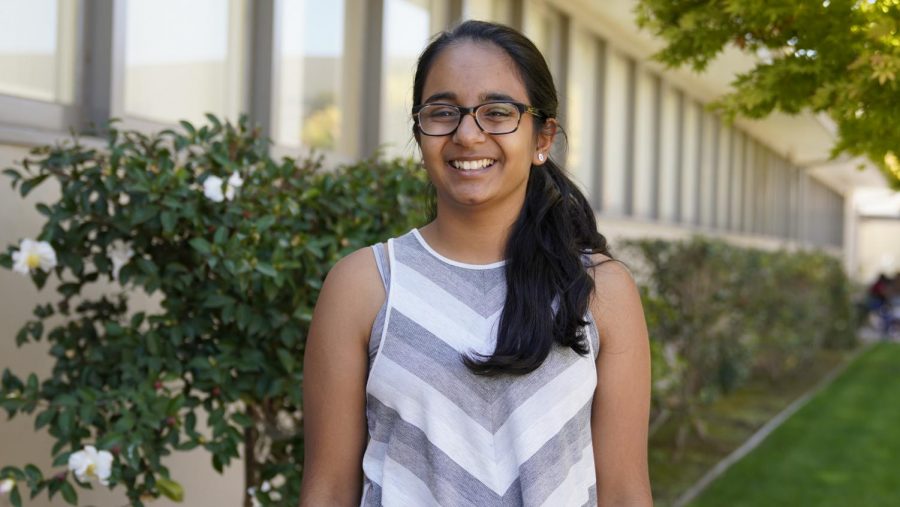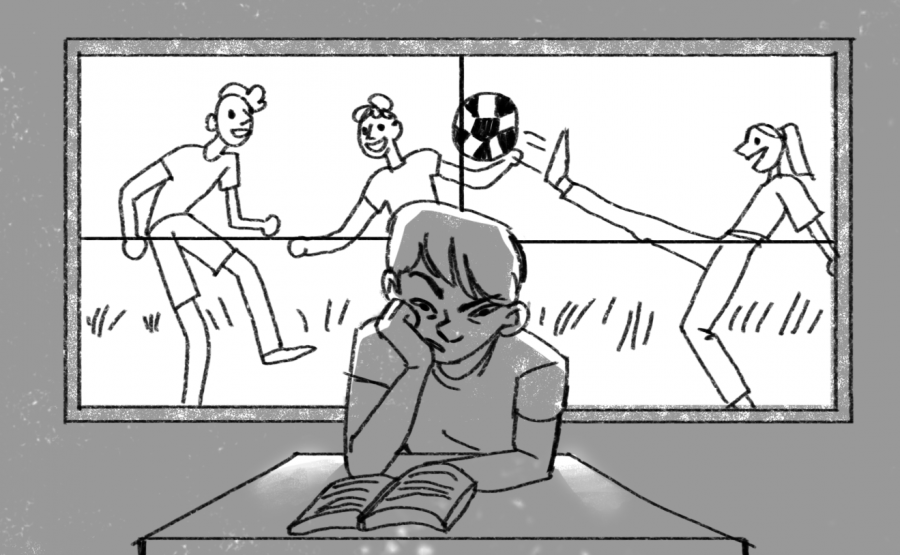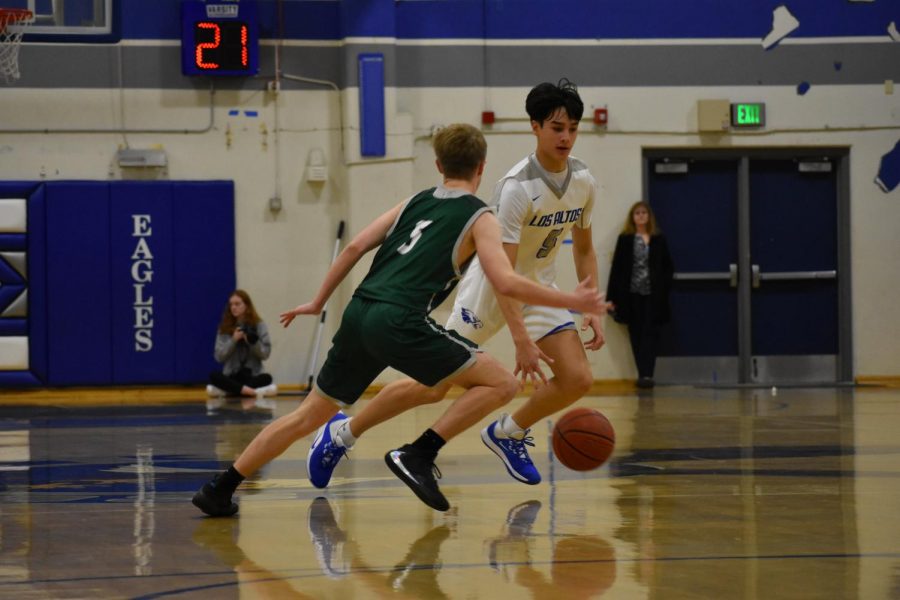[dropcap]W[/dropcap]hat’s for dinner: Black beans and rice or sushi and stir-fry?
Senior Akemi Yoshida comes from very different cultures: her mother is Honduran, her father was Japanese and she has spent her whole life in California. Despite having to juggle many different ways of life, Akemi has managed to find a comfortable balance.
“We still embrace Honduran culture, and [even] after my dad passed away, we still have that Japanese culture,” Akemi said. “We eat rice for dinner everyday, and my mom makes stir-fry everyday. As for Western culture, we do live a Western lifestyle.”
Though Akemi recognizes the positive aspects of American culture, things she traditionally associates with America and a Western lifestyle center around one thing: materialism.
“Here people look at you by what you have, [things like] your car,” Akemi said. “That kind of makes it or breaks it. Depending on what you have, they form assumptions about you.”
However, because the gap in wealth between the rich and the poor is smaller in Honduras than it is here, Akemi finds people there tend to be more accepting.
“In Honduras…everyone is friends with everyone,” Akemi said. “I’m not saying here no one is friends with each other, [but in Honduras] you know your neighbors, you could possibly be related to your neighbors. Here it’s [more like] survival of the fittest, you do you and I’ll do me, [and we’ll leave each other alone].”
The level of acceptance present in Honduran culture manifests itself in a variety of ways, including how members of the government interact with the community.
“In the town my mom grew up in, the mayor lives with everyone,” Akemi said. “His house is with everyone’s house and it’s not a big two story house. He’s more connected to the people, he wants to live with them. He doesn’t want people to be below him.”
Because Akemi and her mother come from such a different environment, they sometimes find other people in America misunderstand and make assumptions about them. This is particularly true for Akemi’s mother, who is less assimilated into American culture than Akemi because she has not grown up here.
“I think the hardest part for [my mom] is her accent,” Akemi said. “She has a very thick Hispanic accent and sometimes she talks very fast and loud so it’s hard to catch her words. If we are in a store, the cashier will always speak to her in Spanish first because just looking at her it’s clear she’s Hispanic. Sometimes she’ll talk to them back in English, because [she wants to show them] that she speaks English too. People naturally assume that all she speaks is Spanish, so it’s just hard because that’s all they see of her.”
The same thing has happened to Akemi, though she has been mischaracterized due to different stereotypes.
“In middle school, because I looked more Asian than Honduran, there was one kid [who] always copied off my homework, [even though] I didn’t know anything,” Akemi said. “He would always come up to me and ask me because ‘you’re smart Akemi.’”
In addition to being the first one in her family to be born in America, Akemi is also the first student in her family to go to college. This poses its own unique set of challenges, especially given her situation at home.
“It was a lot harder because this year, a more specific obstacle we were trying to figure out [was] where we were going to live because our landlord raised the rent and we can’t live there anymore,” Akemi said. “My mom was telling me maybe you should look at colleges in Chicago, maybe Utah [because rent is cheaper there].”
However, after talking to mentors and advisors in AVID, Akemi decided to primarily keep looking at colleges in-state, as she has been researching colleges in California for a long time.
Ultimately, Akemi’s goal in going to college is simple: to provide a better life for her and her mother.
“My mom didn’t have everything that I have now so she wants me to have everything what she didn’t have, and work to achieve my goals,” Akemi said. “[The chance to go to college] means… that I can make a better life for myself and also support my mom because of all the stuff she has sacrificed for me. I can kind of return the favor and help her out as well, [even though] we are struggling now.”



















